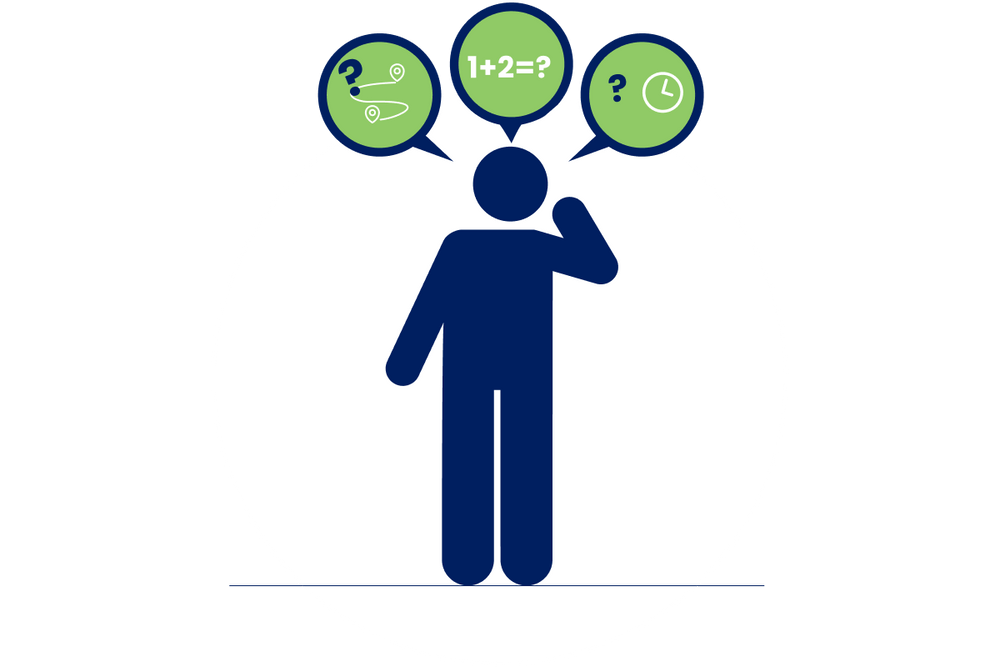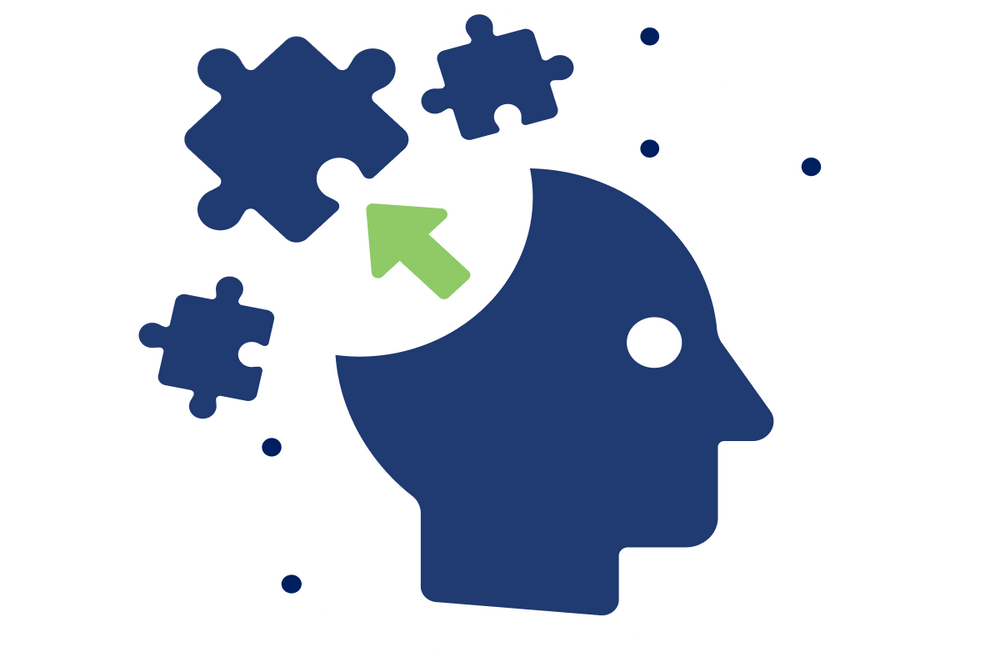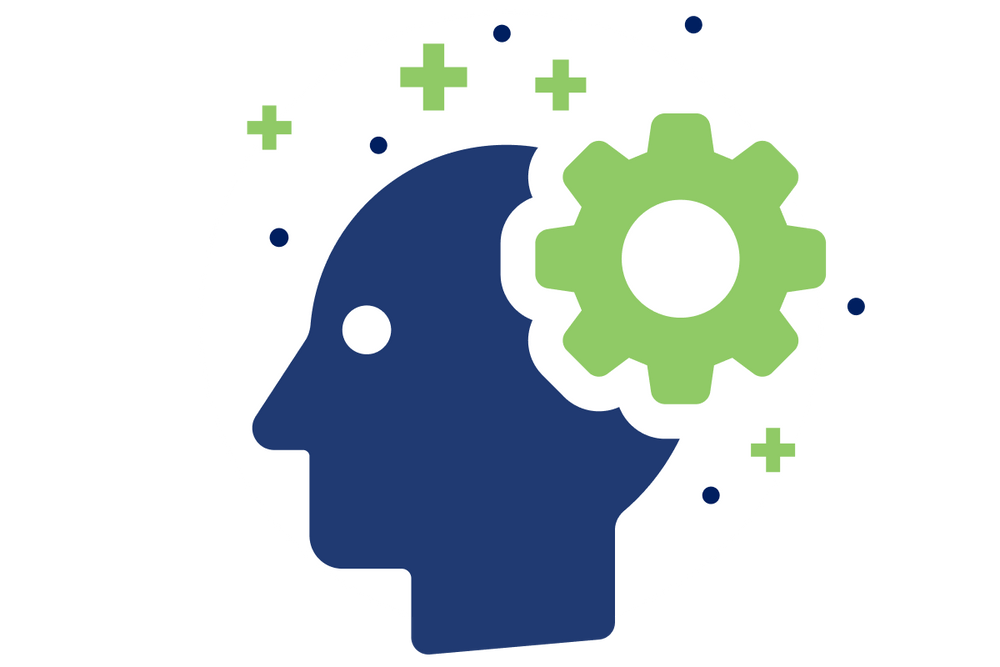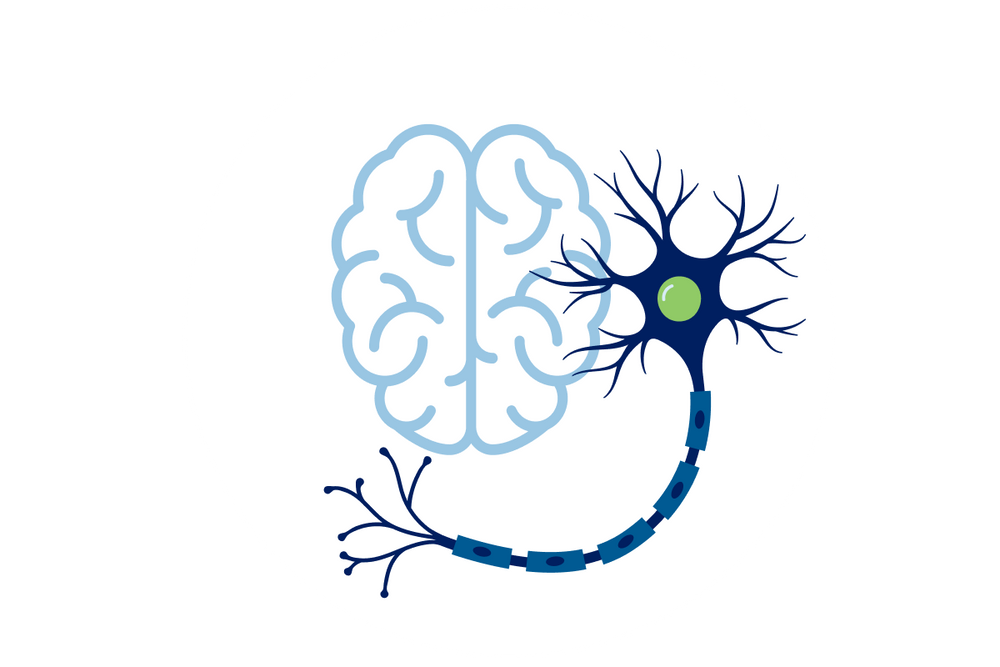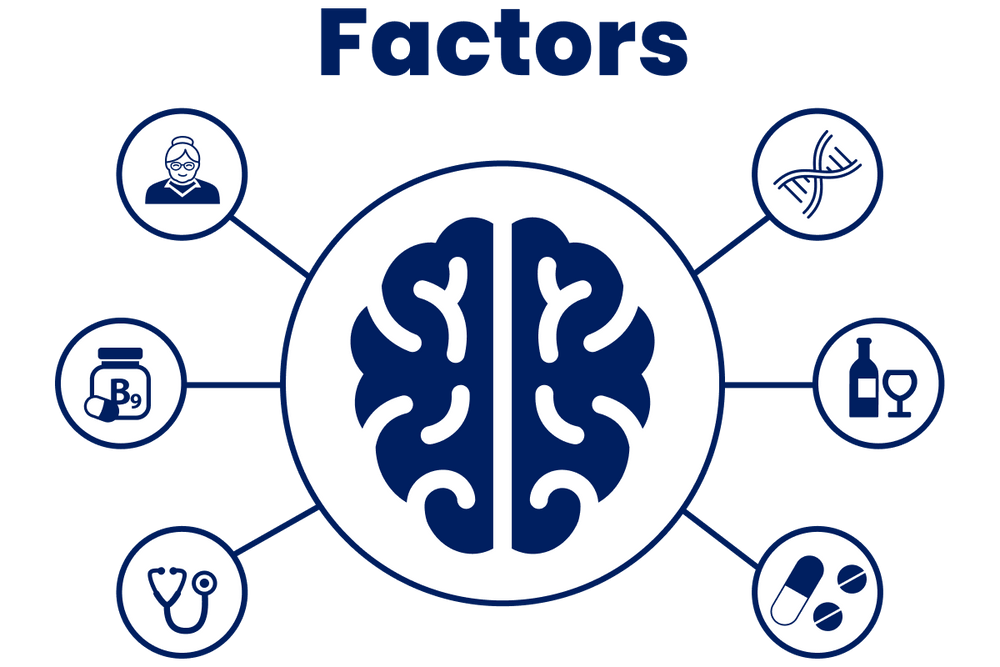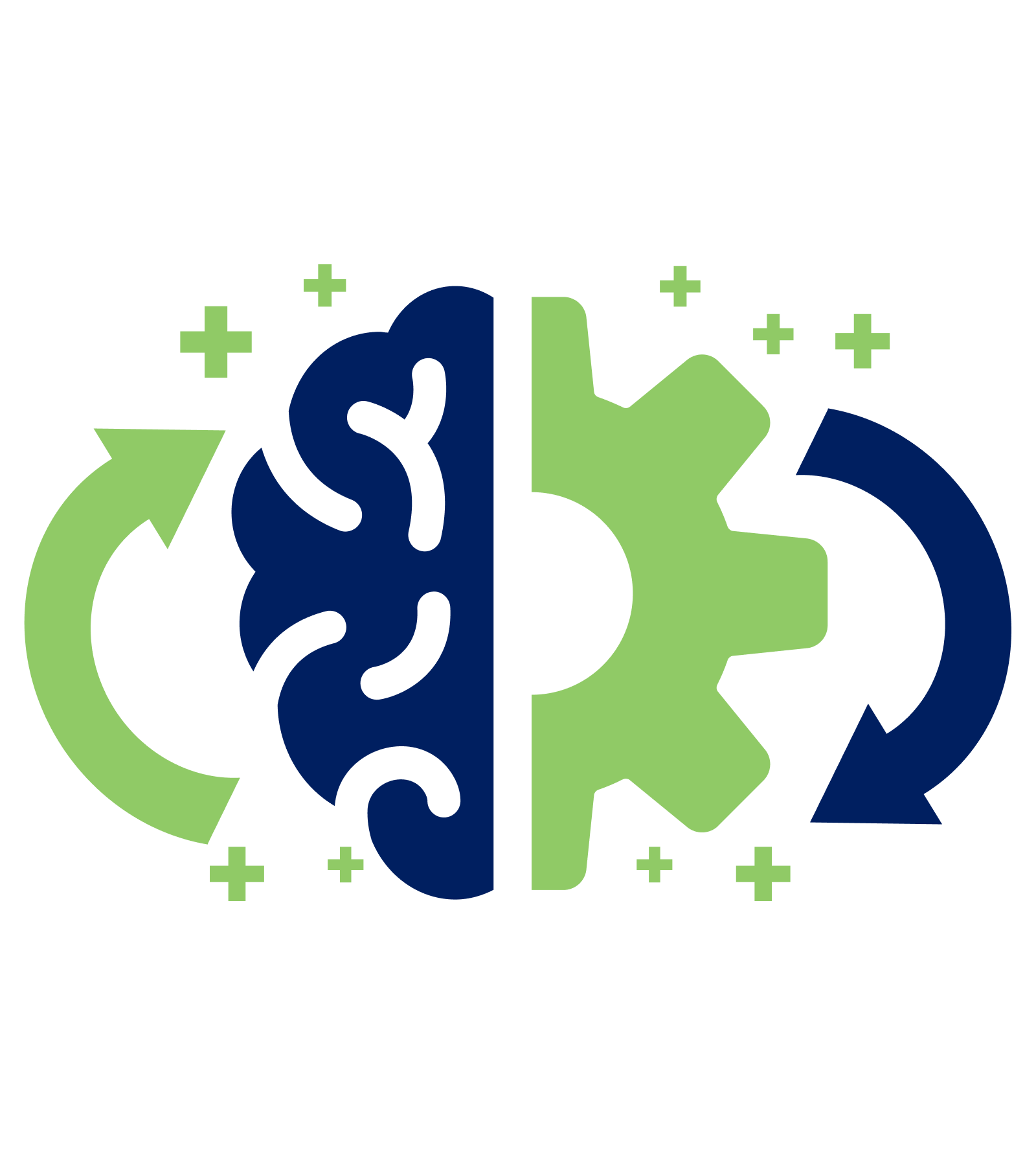
Cerefolin Brain Wellness™ and Mild Cognitive Impairment
Forgetting things now and then—like where you left your keys or what you went into the kitchen for—is a normal part of aging. But sometimes, changes in memory or focus feel different, more frequent, or harder to ignore. Learn what mild cognitive impairment (MCI) is, what may contribute to it, and how nutrition can play a role in supporting long-term brain health.
